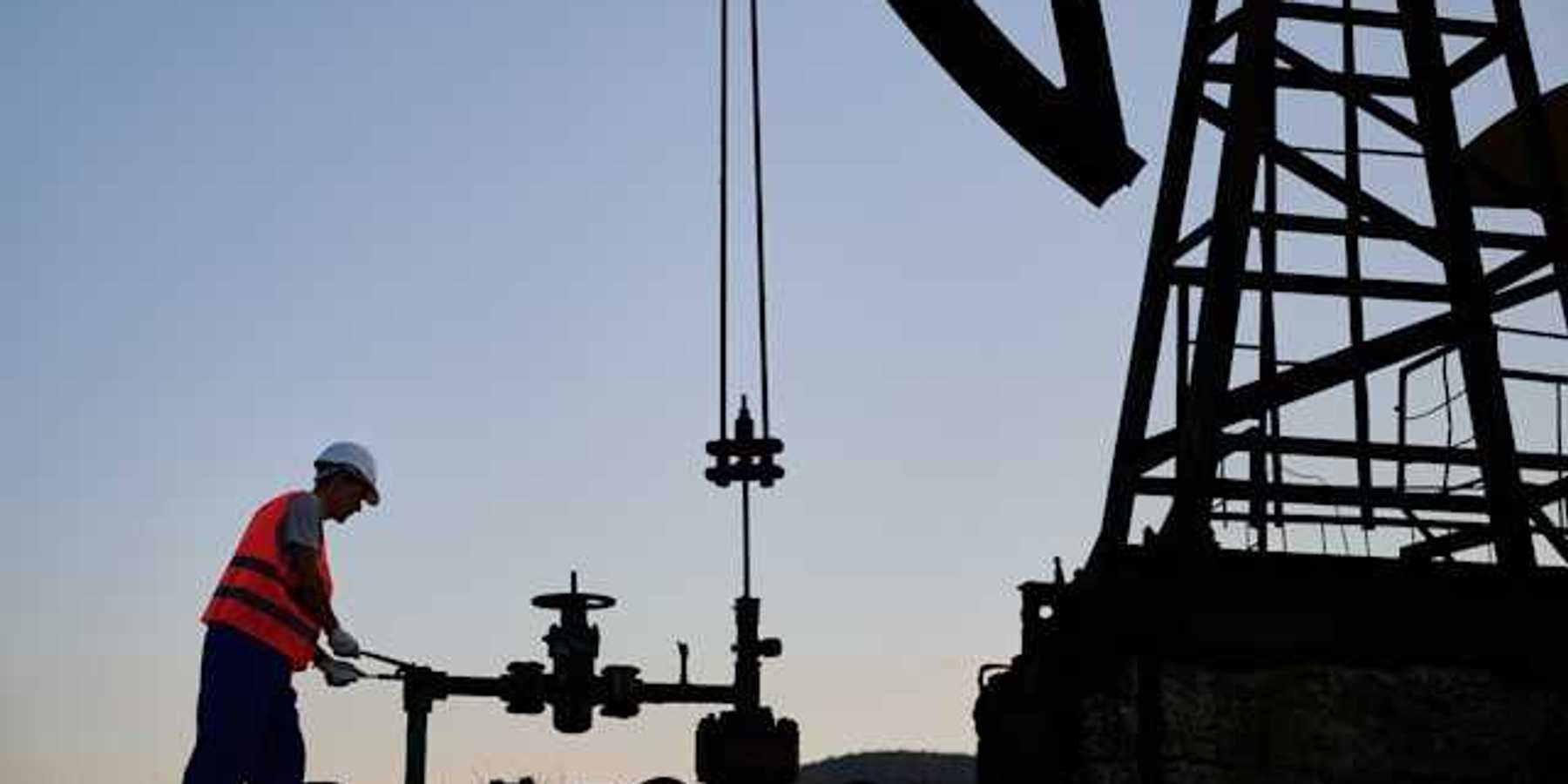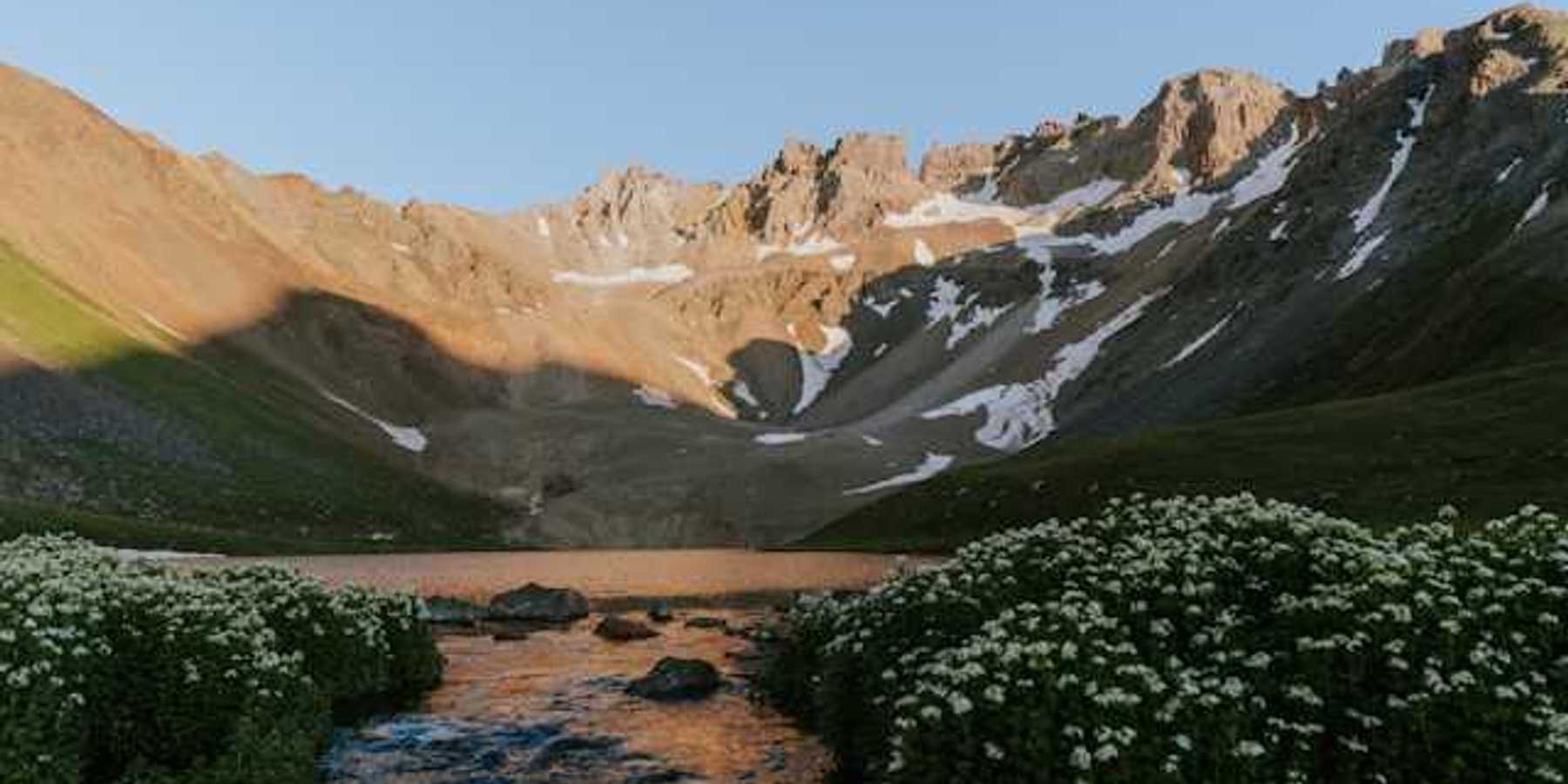Rising sea levels accelerate faster than expected
Oceans rose 35% more than anticipated last year, with record-high temperatures driving the surge, according to a NASA-led study.
Kasha Patel reports for The Washington Post.
In short:
- Global sea levels rose by 0.23 inches in 2024, exceeding the projected 0.17 inches, largely due to ocean warming.
- While melting ice sheets have been the dominant factor over decades, last year’s rise was driven mainly by thermal expansion.
- Coastal cities, particularly in the U.S. Southeast, are experiencing even greater sea level increases, leading to more frequent flooding.
Key quote:
“The rate of global rise is telling us something about what to expect at most coastlines around the world.”
— Josh Willis, sea-level researcher at NASA’s Jet Propulsion Laboratory
Why this matters:
Rising sea levels and warming oceans are reshaping coastlines and communities, placing millions at risk. As glaciers and ice sheets melt and seawater expands due to rising temperatures, coastal cities face increasing threats from flooding, erosion, and extreme weather. Warmer oceans are fueling stronger hurricanes, making storms more destructive and unpredictable.
The consequences are already visible. Low-lying island nations, as well as cities like Miami and New Orleans, have seen more frequent flooding. Coral reefs, which support vast marine ecosystems, are experiencing widespread bleaching due to warming, disrupting fisheries and the livelihoods that depend on them. Scientists warn that some warming-driven changes may be irreversible within a human lifetime. As oceans continue to absorb excess heat, the long-term implications for weather patterns, sea life, and global coastlines remain uncertain, but the urgency of the issue is clear.
Related: Rising sea levels threaten Philadelphia’s drinking water supply













